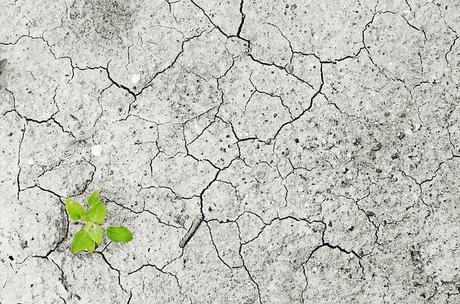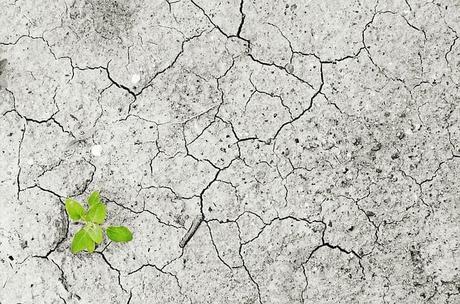The climate crisis is wreaking havoc on the land, sea, and including the atmosphere and accelerating global hunger according to a sobering UN’s State of the Climate report released Tuesday.
With noting record-breaking heatwaves, wildfires, and flooding, the report says that “the tell-tale physical signs of climate change” are everywhere, and warned that more to come is inevitable, as CBS News reported.

In 2018, more than 820 million people suffered from hunger, the highest number since 2010, the report found. As per the weather-related phenomena that are linked to the climate crisis, as food shortages start to mount, the number will move in the wrong direction, as per CNN.
According to the scientists involved in the World Meteorological Organization’s (WMO) report, the climate crisis threat that the world faces is far greater than the danger of the coronavirus. They highly encourage the world leaders not to lose focus on the climate emergency, as The Guardian reported.
The UN Secretary-General António Guterres wrote the forward of the report and said the world is currently “way off track meeting either the 1.5°C or 2°C targets that the Paris agreement calls for,” according to UN News. Guterres also called the climate crisis the “the defining challenge of our time,” and said, “time is fast running out for us to avert the worst impacts of climate disruption,” as CBS News reported.
The WMO, a branch of the United Nations, included input from a broad range of UN agencies, including those for disasters, environment, food, health, migration, and refugees, also scientific centers, in its comprehensive report, according to The Guardian.
After 2016, the second hottest ever on record was 2019, the report found. However, a strong, natural El Niño weather system that inflated 2016’s temperatures was not present in 2019. According to the WMO scientists, 84 percent of the oceans experienced one or more marine heatwaves, and glacial ice was lost more than gained for the 32nd year in a row, which pushed sea levels to rise to record levels, according to The Guardian.
“Given that greenhouse gas levels continue to increase, the warming will continue,” said WMO Secretary-General Petteri Taalas, as UN News reported. “A recent decadal forecast indicates that a new annual global temperature record is likely in the next five years. It is a matter of time.”
“We just had the warmest January on record,” said Taalas in a WMO statement. “Winter was unseasonably mild in many parts of the northern hemisphere. Smoke and pollutants from damaging fires in Australia circumnavigated the globe, causing a spike in CO2 emissions. Reported record temperatures in Antarctica were accompanied by large-scale ice melt and the fracturing of a glacier which will have repercussions for sea level rise.”
The carbon dioxide levels reached its highest level in 3 million years, with 40 percent higher than pre-industrial levels because of the continued increase in greenhouse gas emissions along with wildfires in Australia, Siberia, and the Amazon, as EcoWatch noted. That excess carbon dioxide caused more than 90 percent of the heat to be trapped in the oceans resulting in a series of marine heatwaves, as CBS News reported.
Extreme weather has caused severe droughts in Australia and Africa, which is led by the climate emergency and experiencing food shortages. Moreover, a severe locust invasion has spurred in the Horn of Africa due to the strange weather of drought followed by heavy rainfall, and food security will be threatened there, as CNN reported.
“This report is a catalog of weather in 2019 made more extreme by climate change, and the human misery that went with it,” according to Brian Hoskins, chair of the Grantham Institute for Climate Change at Imperial College in London and not associated with the WMO State of the Climate, who spoke to CNN.
“It points to a threat that is greater to our species than any known virus – we must not be diverted from the urgency of tackling it by reducing our greenhouse gas emissions to zero as soon as possible.”


